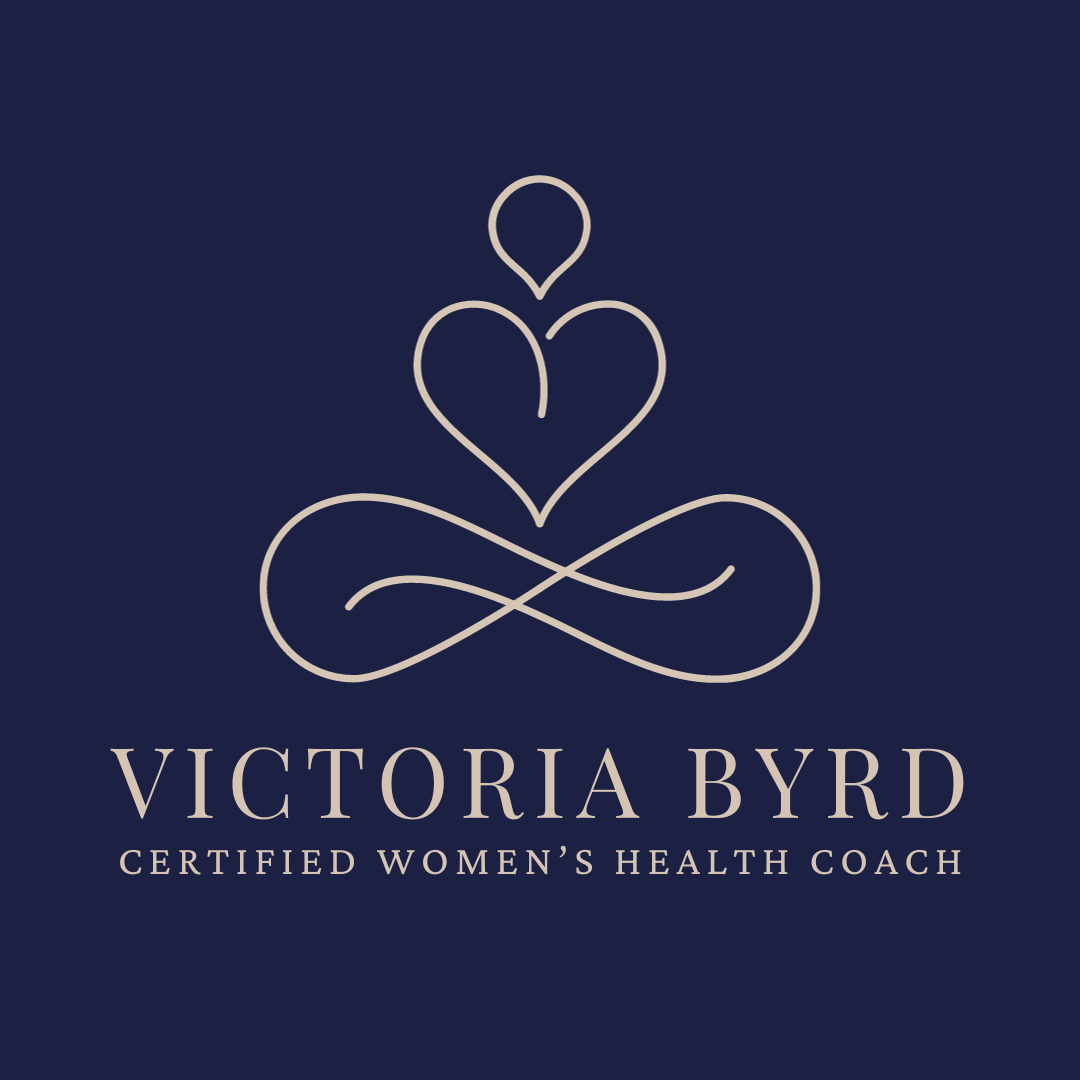Empowering Your Midlife Journey: Unveiling the Wonders of Daily Creatine Supplementation
As we embrace the dynamic phase of midlife, it's essential to explore avenues that nurture our well-being. One such avenue that might not be on your radar is daily creatine supplementation. Often associated with athletic prowess, creatine offers an array of advantages that can elevate our health and vitality during this transformative period. Let's delve into the benefits and dosing recommendations of incorporating creatine into your daily routine.
Unveiling the Multi-Faceted Benefits of Creatine
Beyond its well-known role in boosting physical performance, creatine holds a wealth of benefits tailored to the needs of midlife women:
1. Cognitive Empowerment: As we navigate the complexity of midlife challenges, maintaining cognitive function is paramount. Creatine has shown promise in enhancing memory, attention, and overall cognitive performance[^2^].
2. Bone Health Boost: Midlife is a pivotal time for bone health. Research suggests that creatine might support bone mineral density, fortifying our skeletal foundation[^3^].
3. Mood Enhancement:
Fluctuating hormones can impact mood during midlife. Creatine's potential to elevate serotonin levels could contribute to a positive mood[^4^].
4. Metabolism Support: Keeping our metabolism efficient becomes crucial as we age. Creatine's role in promoting lean muscle mass might aid in weight management and overall energy expenditure[^5^].
5. Heart Wellness:
Heart health becomes a priority in midlife. Estrogen is a cardio protective hormone and when it declines, so does its effects on the heart. After menopause, your risk of cardiovascular disease is 2-3 times higher than it was before. Some studies propose that creatine could have cardio-protective effects[^6^].
Dosing Recommendations for Midlife Women
Before integrating any new supplement, it's wise to consult a healthcare professional. Creatine is generally safe but seeking personalized advice is essential. If your healthcare provider approves, consider the following dosing recommendations:
1. Loading Phase: Begin with a loading phase of 20 grams per day (divided into 4 doses) for 5-7 days. This saturates your muscles with creatine.
2. Maintenance Phase: After the loading phase, switch to a maintenance dose of 3-5 grams per day. You can take it all at once or split it into multiple doses. ( I put it in my morning coffee every day. It’s easiest to remember for me.)
Remember, consistency is key. Take creatine daily to experience its potential benefits fully.
Embrace this journey with empowered choices. Remember, your well-being is your greatest asset. Consult your healthcare provider before making any changes to your supplement regimen to ensure they align with your individual needs and health status.
Creatine will be a topic of conversation in my upcoming Midlife Women’s Collective Group Coaching Program! If you are interested in learning more about how Creatine can benefit you, or you would like to have accountability from a health coach alongside the community support of other women, I am building a waitlist now for launch in October. Those on the list will be offered a promotional Founder’s Rate you won’t want to miss!
**Resources:**
1. Rae, C., Digney, A. L., McEwan, S. R., & Bates, T. C. (2003). Oral creatine monohydrate supplementation improves brain performance: a double–blind, placebo–controlled, cross–over trial. *Psychopharmacology*, 167(3), 324-327.
2. Chilibeck, P. D., Kaviani, M., Candow, D. G., & Zello, G. A. (2017). Effect of creatine supplementation during resistance training on lean tissue mass and muscular strength in older adults: a meta-analysis. *Open Access Journal of Sports Medicine*, 8, 213-226.
3. Bassit, R. A., et al. (2008). Effect of creatine supplementation on haemodynamic and metabolic responses and cognitive /microvascular changes in the brain of an elderly population. *European Journal of Applied Physiology*, 102(2), 133-139.
4. Candow, D. G., Chilibeck, P. D., Abeysekara, S., & Zello, G. A. (2019). Short-term creatine monohydrate supplementation improves biochemical parameters of strength and muscle mass in older adults. *The Journals of Gerontology: Series A*, 74(3), 363-369.
5. Roitman, S., Green, T., Osher, Y., Karni, N., & Levine, J. (2007). Creatine monohydrate in resistant depression: a preliminary study. *Journal of Clinical Psychopharmacology*, 27(6), 682-684.
6. Deldicque, L., et al. (2008). Increased IGF mRNA in human skeletal muscle after creatine supplementation. *Medicine and Science in Sports and Exercise*, 40(3), 389-398.





